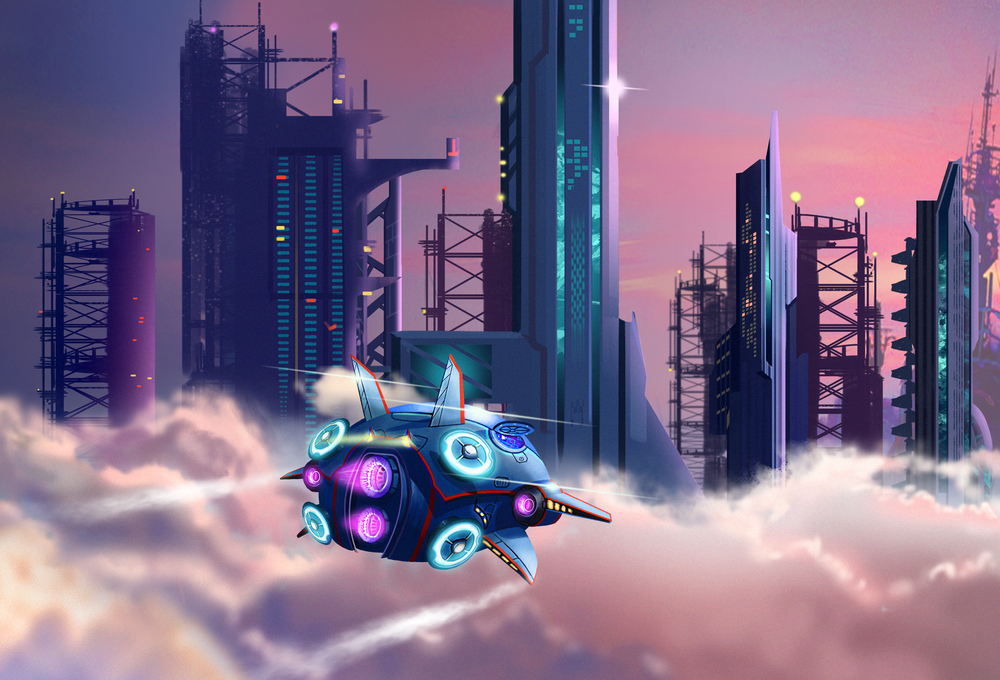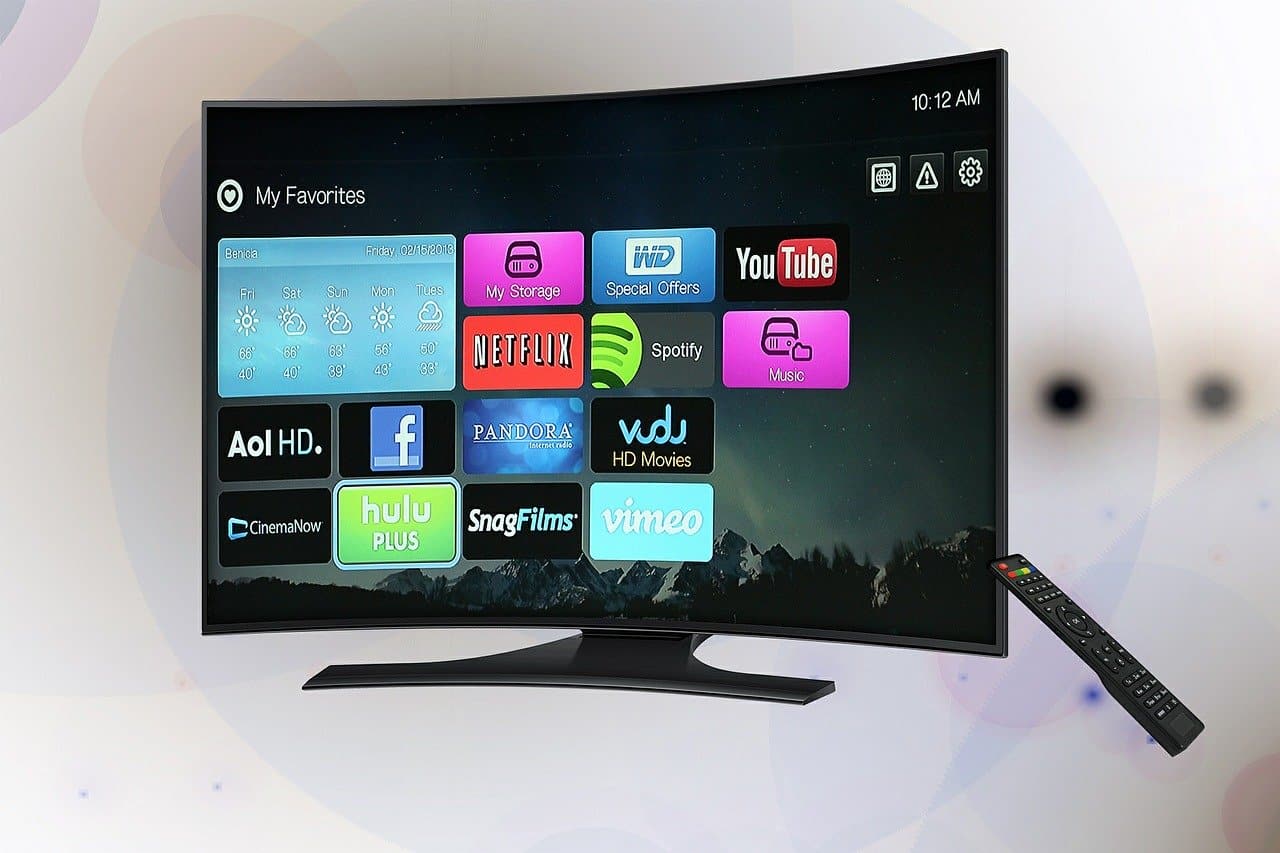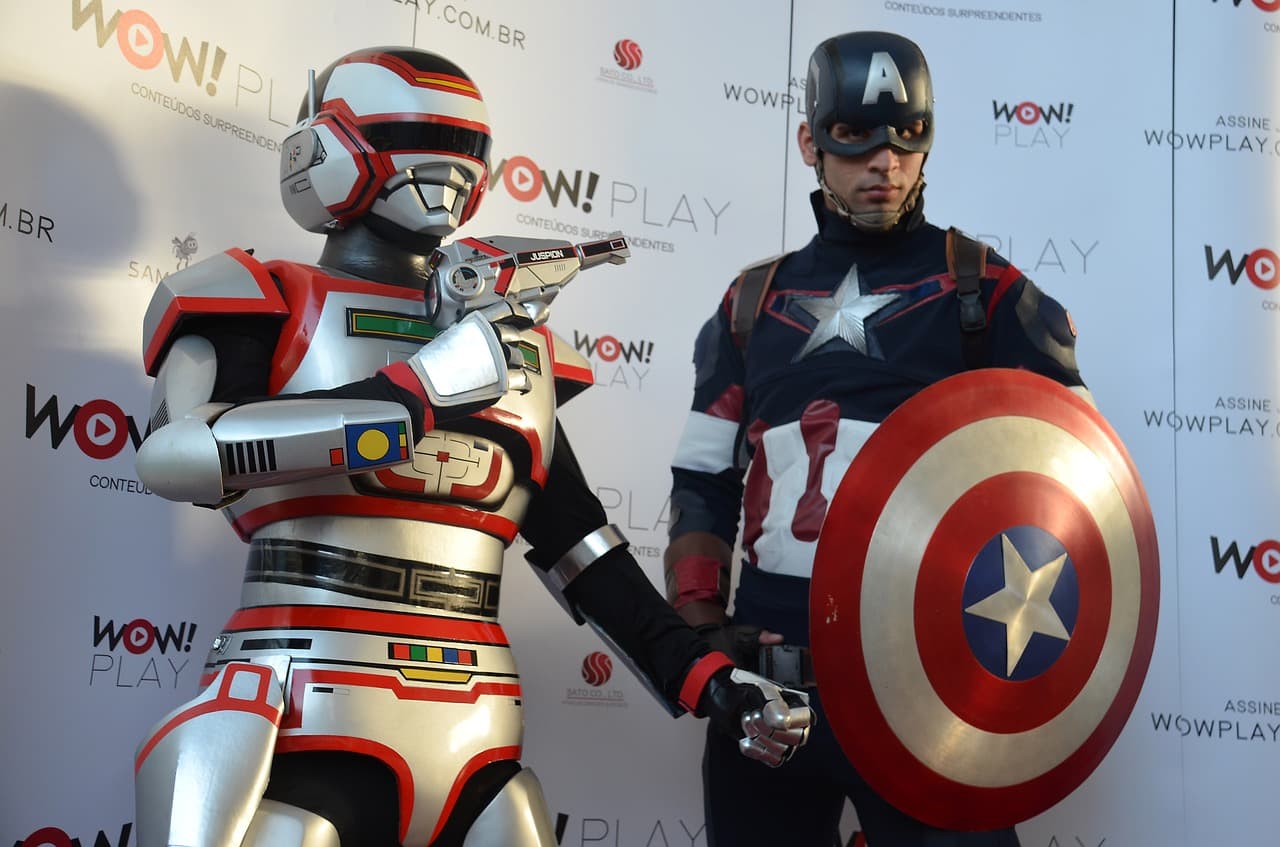If you are someone who can stomach watching movies from the 80’s, then you might have already seen the original Blade Runner. If you are not able to watch movies from this era, then I suggest you give it a try anyways since Blade Runner was primarily a film made before its time. It could be considered, in my opinion, to be one of the best realistic sci-fi movies ever made. Indeed, it can’t compete with the original Star Wars trilogy since Lucas created an entirely alien world drenched with fantasy, nor can it compete with the Trekkies loyal obsession with their movies since it includes a universe of aliens and arguably much fantasy itself. The Trek also contrasts itself as a positive utopian world with Blade Runners’ more likely dystopian universe.
Some critics first panned Blade Runner when it was released by stating it moved too slow. Although this could certainly be a valid opinion, it sets the atmosphere for the dysfunctional and sinister mood of the future dystopian world. It also produces an interesting effect. It makes it one of the few movies that can actually be enjoyable not to watch. What do I mean? Instead of sitting down with a bowl of popcorn and watching the entire movie and all of its nuances, let it play while you do other things and the futuristic, otherworldly atmosphere will penetrate your living space with music to match the mood. It is based on Philip K. Dick’s “Do Androids Dream of Electric Sheep,” but drives in a different direction of its own.
It was not a financial hit, but the real debate finds itself in the character of Deckard (played by Harrison Ford) in which it is unclear to some whether or not Deckard is an android himself. However, the paper mache unicorn at the end speaks volumes. The end of this movie, however, leads to the sequel that is being released October 5, 2017. Blade Runner 2049 makes the critical sci-fi mistake in its title. When will sci-fi directors learn that you should never include a date in the movie? The original Blade Runner was said to occur in 2019 when we know today it will not be anything like that. At least Star Trek knows enough to put its universe in the future centuries away. But let’s hope that is the only negative of the Blade Runner sequel. It stars Ryan Gosling as a young blade runner agent seeking out the elusive Rick Deckard who has been missing for thirty years. With an excellent cast and director, Denis Villeneuve (who humbly realizes his position and the importance not to mess it up), this sequel may be one of the few that equal or surpass the original (much like The Empire Strikes Back). Some of the questions this sequel will hopefully answer is the definitive identity of Deckard and whether he is an android and if so why did he not have a four-year lifespan like all of the others? Why is Gosling’s character really searching for Deckard? Also, what is Gaff’s role (played by Edward James Olmos) in this entire series? He was the paper mache unicorn making agent in the original, and it seems odd to bring him into the sequel if he does not have a significant role.
[embed]https://youtu.be/83tboDnpE7Y\[/embed\]
In 1982, Blade Runner, directed by Ridley Scott, was a very high-quality film which created a fantastic cityscape and special effects. With today’s technology, it would seem that there is nothing that could prevent 2049 from being a superior film, but that depends on the director and the studio, which will hopefully stay out of the creative process unlike they did in 1982.










